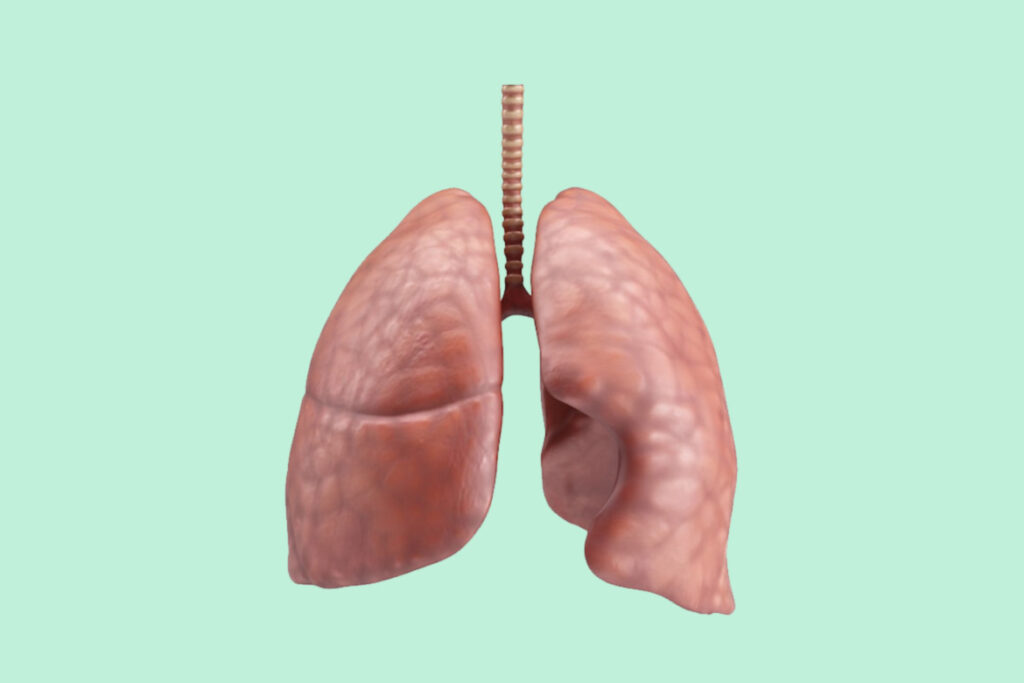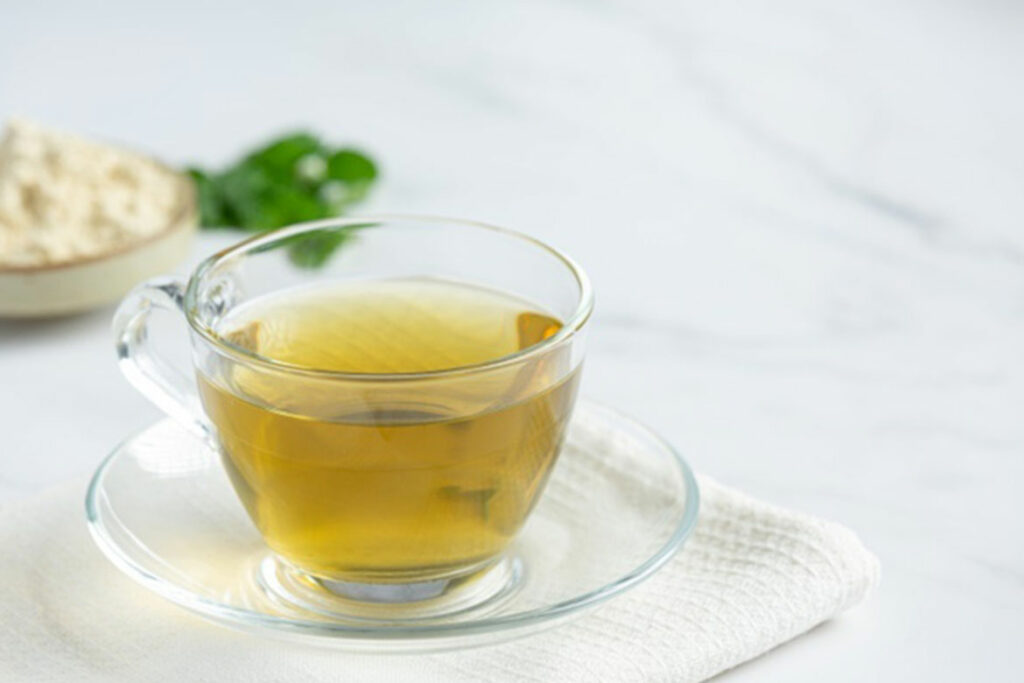For those who smoke, are frequently exposed to polluted smoke, or have ongoing respiratory diseases like asthma or obstructive pulmonary disease, lung cleansing treatments can be helpful.
Inhaling irritants such as cigarette smoke, filthy air, and other substances can harm the lungs and even have negative health effects. The wellbeing of the rest of the body depends on maintaining lung health.
Since the lungs are self-cleaning organs, after exposure to toxins, they can start to repair themselves. In this post, we go through a few ways that will help you in cleansing lungs naturally.
Can you cleanse your lungs?
Lung health can be enhanced by “cleaning” the lungs. Avoiding hazardous chemicals like cigarette smoke and air pollution is the best method for someone to make sure their lungs are in good shape. A person may also adopt particular lifestyle practises, such as working out frequently and eating healthily.
A person may experience a full, congested, or irritated chest after being exposed to a lung pollutant. In order to trap infections and bacteria, mucus builds up in the lungs, which can make you feel heavy.
People can use specific techniques to help clear mucus and irritants in the lungs to relieve chest congestion and other uncomfortable symptoms. Some of these methods can also open the airways, improve lung capacity and reduce inflammation, which can further help reduce the impact of lung contaminants.
How to clean the lungs?

Read more: Rheumatoid Arthritis patients must embrace these 5 things in their lifestyle
Below, we look at breathing exercises and lifestyle changes that can help clear excess mucus from the lungs and improve breathing.
Steam
Sauna therapy, or sauna, involves inhaling steam to open the airways and can also help loosen mucus.
People with lung disease may find their symptoms worse in cold or dry air. This climate can dry out the mucous membranes of the respiratory tract and restrict blood flow. In contrast, steam adds heat and moisture to the air, which can improve breathing and help loosen mucus inside the airways and lungs.
Inhaling vapors can provide immediate pain relief and help people breathe easier. Some evidence indicates that inhaling steam can be helpful in soothing sore throats, loosening thick mucus, and providing benefits after being in a polluted environment. This therapy can be an effective temporary solution, but more studies are needed before researchers fully understand the benefits of steam therapy for lung health.
Controlled coughing
Coughing is the body’s natural way of expelling toxins trapped in mucus. Controlled coughing releases excess mucus in the lungs and pushes it back into the airways.
Doctors may recommend that people with lung conditions, such as chronic obstructive pulmonary disease (COPD), do this exercise to help clear their lungs. People can clear their lungs by lying back in a chair and placing both of feet flat on the ground. Then over your abdomen, flex your arms. Slowly inhale through your nose. Lean forward and slowly exhale while pressing your arms against your tummy. Cough twice or three times while inhaling while maintaining a small open mouth. Slowly inhale through your nose. Pause, then repeat as necessary
Postural drainage
Postural drainage is the process of reclining in various postures while using gravity to clear the lungs of mucus. This routine can facilitate breathing and aid in the treatment or avoidance of lung infections.
The type of postural drainage used depends on the posture:
- On the reverse side, lay down on the ground or in bed. Make sure your chest is lower than your hips by placing pillows under them.
- Breathe in slowly through your nose, then slowly out through your mouth. Each exhalation, which is referred to as, must last twice as long as the inhalation.
Postural drainage together with chest percussion can assist in removing extra mucus from the airways.
Working out

Regular exercise can help someone maintain healthy lungs in addition to improving their physical and emotional well-being and lowering their risk of developing several health issues.
Exercise makes the muscles work harder, which speeds up breathing and increases the amount of oxygen given to the muscles. Additionally, because of improved circulation, the body is better able to expel extra carbon dioxide produced during exercise.
The physical structure of the body will begin to adapt to the need for frequent exercise. Muscles will become more adept at using oxygen more efficiently and exhaling less carbon dioxide.
People with chronic lung diseases can still benefit from regular exercise, despite the fact that it can be harder for them. Before beginning a new exercise regimen, people with COPD or asthma should speak with their doctor.
Green tea

Read more: Here’s how meditation helps in controlling blood sugar
Green tea has a lot of antioxidants, which can help lessen lung inflammation. Even lung tissue may be shielded from the damaging effects of second-hand smoke inhalation by these substances.
Inflammation-curing food
Chest pain, congestion, and shortness of breath can all be brought on by inflamed airways. Consuming anti-inflammatory foods can help to lessen these symptoms by reducing inflammation.
Among the foods that reduce inflammation are:
Turmeric, Green leafy vegetables, Cherry, Olive, Seed, Bean, and lentils.
Preventative measures
There are currently no drugs or therapies that are expressly designed to clear the lungs, as this article describes. An individual is recommended to attempt to stay away from potential contaminants.
This can entail modifying your behaviour, like giving up smoking to reduce exposure, or it might entail improving your lung health by changing your diet and engaging in regular exercise.
As a result, it is improper to encourage someone to use lung-cleansing drugs or techniques if there is no scientific data to back them up. A person can consult a doctor and get recommendations if they want to improve their lung health.
Takeaway
When pollutants from cigarette smoke or contaminated air enter the lungs, they can have an impact on the whole body. The mucus finally traps these toxins. The body’s ability to eliminate mucus from the lungs and airways determines whether or not one has good respiratory health.
Mucus removal from the body may be more difficult for some individuals than for others who have damaged lungs. Chronic illnesses that involve excessive mucus production or abnormally thick mucus can block the lungs, including cystic fibrosis.
Mucus in the lungs and airways can be removed using lung clearing treatments such postural drainage, chest percussion, and breathing exercises. For those with chronic breathing issues or congestion, steam therapy can offer momentary relief.
Regular exercise, drinking green tea, and consuming anti-inflammatory foods are all lifestyle modifications that can enhance lung health and lower the risk of illness.
